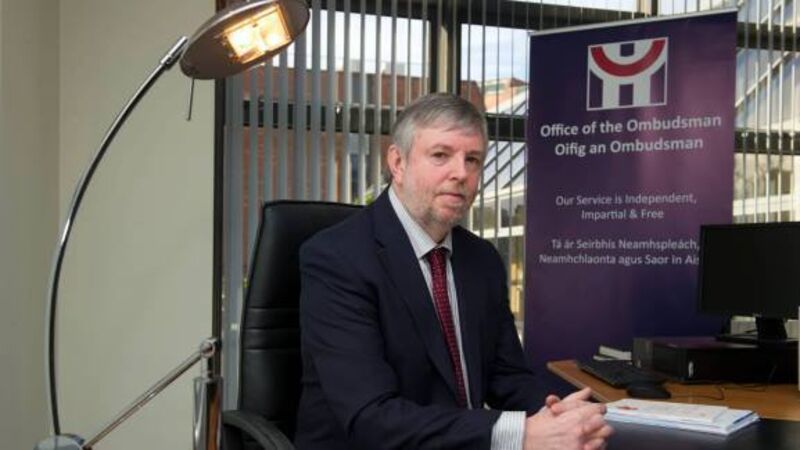Hospital complaints go under microscope

He wants people to share with him their experiences of making a complaint. Focus groups will also be held, and interviews with frontline and senior staff.
The Ombudsman said he was concerned that relatively few people complain when they are unhappy with the service they receive.













